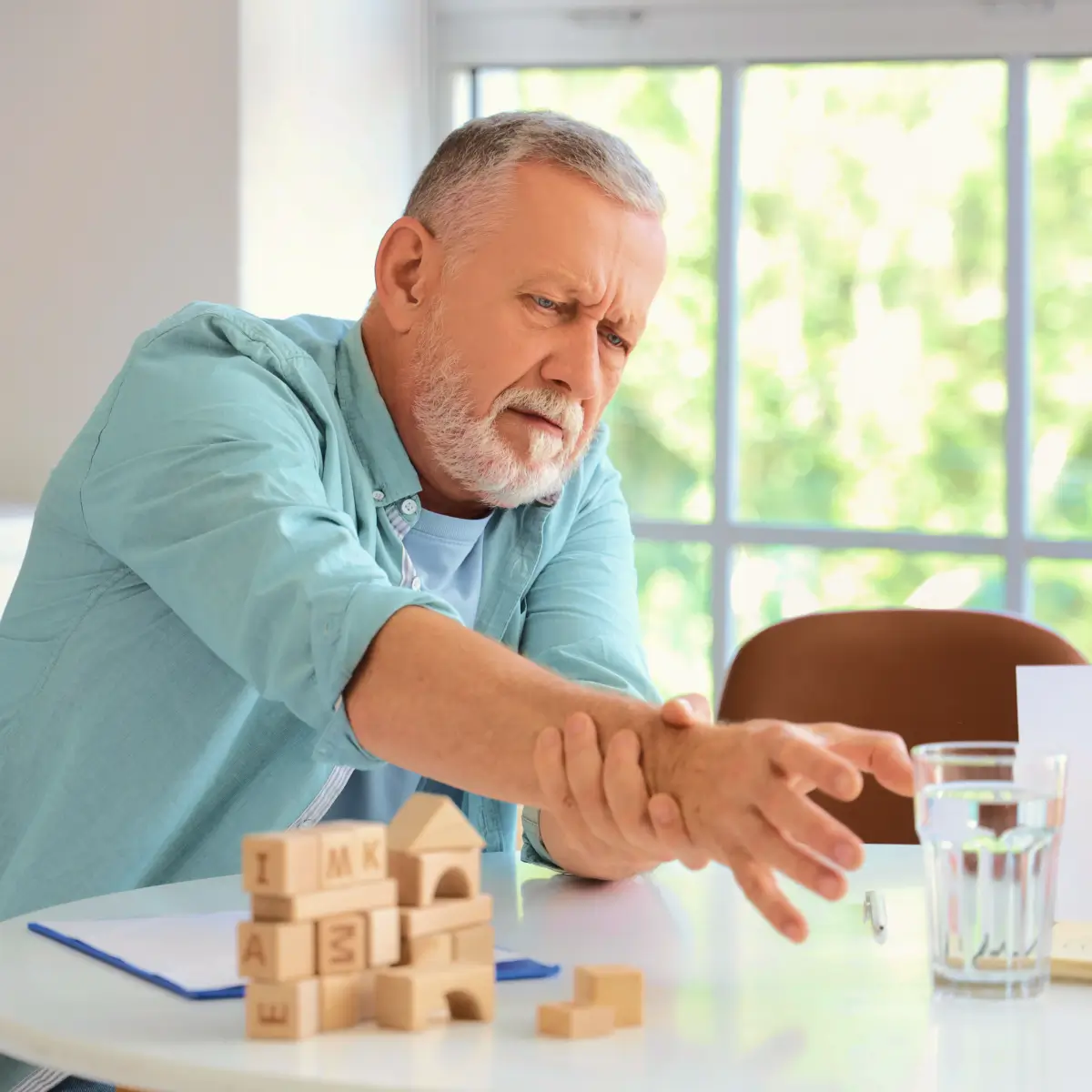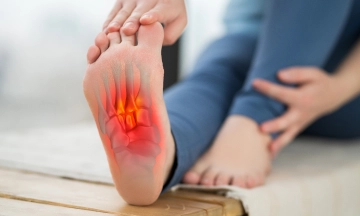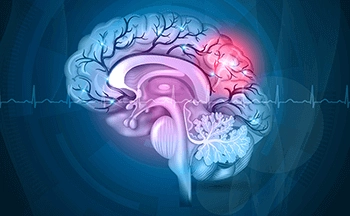
Parkinson's disease is a neurological ailment that becomes worse over time and affects movement, balance, and coordination. There is no proven cure, but many individuals use natural remedies along with medical therapies to deal with symptoms and make their lives better. These home-based methods are not a replacement for prescribed treatments, but they can help you stay healthy in general.
These are the 10 best natural home remedies for Parkinson's disease that could help you or a loved one feel better and live more comfortably:
- Exercise Regularly: One of the most natural ways to treat Parkinson's is to get regular exercise. Walking, swimming, biking, yoga, and tai chi are all good for your muscles, balance, and flexibility. Even a little bit of stretching can help you move more easily and less tight. Try to get some exercise every day. Even 20 minutes of light movement can help.
- Follow a Mediterranean Diet: Consuming a lot of fruits, vegetables, whole grains, legumes, seafood, olive oil, and nuts gives you a lot of antioxidants that might help keep brain cells healthy. The Mediterranean diet is especially good in lowering inflammation and oxidative stress, both of which are connected to the course of Parkinson's disease.
- Include Omega-3 Fatty Acids: Foods rich in omega-3s—like flaxseeds, walnuts, and fatty fish (salmon, mackerel, sardines)—are known to support brain health. These essential fats help protect neurons and may slow cognitive decline in Parkinson’s patients.
- Stay Hydrated: Dehydration can worsen symptoms such as constipation and dizziness. Make sure to drink plenty of water throughout the day. You can also include herbal teas like chamomile or ginger, which have calming and digestive benefits.
- Manage Stress with Yoga and Meditation: Parkinson's symptoms can get worse when you're stressed or anxious. Yoga, meditation, deep breathing, or simply just relaxing might help quiet the nervous system and make your mind clearer. Mindfulness practice every day helps you feel in control and at peace with yourself.
- Get Enough Sleep: Poor sleep can worsen tremors, fatigue, and cognitive issues. Maintain a sleep routine by going to bed and waking up at the same time each day. Avoid screens before bedtime, limit caffeine in the evening, and consider relaxing bedtime rituals like warm baths or reading.
- Use Turmeric and Other Anti-Inflammatory Spices: Turmeric contains curcumin, a compound with powerful anti-inflammatory and antioxidant properties. Adding turmeric, ginger, and cinnamon to your meals may help reduce inflammation and protect brain cells. These are easily available natural home remedies for Parkinson support.
- Massage and Acupressure: Gentle massage or acupressure therapy can relieve muscle stiffness, improve circulation, and reduce tremors. These therapies also promote relaxation, helping to reduce anxiety and improve overall well-being.
- Add Vitamin D and B Vitamins: People with Parkinson's often don't have enough Vitamin D and B12. Being in the sun, eating foods high in vitamins (such eggs, fortified milk, and leafy greens), or taking supplements (with your doctor's permission) may help your nerves work better and keep your mood stable.
- Stay Mentally Engaged: Keep your brain active with puzzles, reading, music, drawing, or learning a new skill. Mental stimulation is just as important as physical activity for Parkinson’s management. It keeps the mind sharp and may slow cognitive decline.
Conclusion
Parkinson's disease needs medical care, but these natural home remedies for Parkinson's can help you manage your symptoms better, improve your mental health, and live a better life. It's vital to try different things to see what works best for you because everyone with Parkinson's is different. Always talk to your doctor before adding new treatments to your routine.
You can start living a fuller, more balanced life by using both modern medicine and natural methods together.
FAQs
1. Can natural remedies cure Parkinson’s disease?
No, natural remedies cannot cure Parkinson’s disease. However, they can help manage symptoms, improve quality of life, and support overall well-being when used alongside prescribed medical treatments.
2. Is it safe to rely only on home remedies for Parkinson’s?
It’s not recommended to rely solely on home remedies. Parkinson’s is a progressive neurological disorder that requires proper medical care. Home remedies can complement your treatment but should not replace medications or doctor guidance.
3. Which foods should be avoided in Parkinson’s disease?
It’s best to avoid processed foods, excessive sugar, saturated fats, and caffeine close to bedtime. These may worsen symptoms like fatigue, constipation, or sleep disturbances.
4. How does exercise help with Parkinson’s symptoms?
Exercise improves mobility, balance, flexibility, and mood. It can also help reduce tremors, muscle stiffness, and prevent falls. Regular activity is considered one of the most beneficial natural remedies for Parkinson’s.
5. Is turmeric helpful for Parkinson’s patients?
Yes, turmeric contains curcumin, which has anti-inflammatory and antioxidant properties. It may support brain health and reduce inflammation, but more research is needed. Always consult your doctor before adding supplements.



































